As protests continue around the world, Lauren Taylor finds out how parents can ensure their children understand what's happening.
George Floyd’s death in police custody and the subsequent protests across the world for the Black Lives Matter movement, has catapulted racism to the forefront of social consciousness.
It’s long overdue, but the outcry has forced many white people to consider and better understand systemic racism, take an honest (sometimes uncomfortable) look at white privilege, and question how they can be a better ally to black people.
For parents, there’s an added responsibility to teach children about what’s going on in the world right now and to raise kids to be racially-conscious. After all, racism and an ignorance of racial issues is a learned behaviour, and parents are the people best placed to influence their children’s understanding and ability to contribute to positive change.
But if it isn’t a topic that’s been addressed in your household before, where should you start?
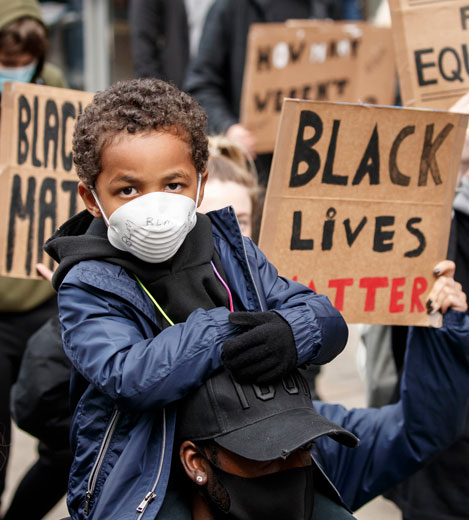
Ensure they know the wider context
Sadly school history classes don’t always cover it. “Teach them about the history of racial oppression and how racism is bigger than people having stereotypes or prejudices-it is about a system of power and is built into our laws, institutions, policies, and so forth,” says Margaret Hagerman, a professor in sociology at Mississippi State University and author of White Kids: Growing Up With Privilege in a Racially Divided America.
“This might mean parents need to do some learning in this area, and families can do this learning together.”

Don’t teach them to ‘ignore differences’
One rhetoric you might hear is someone saying they ‘don’t see colour’ – while this might be well meaning, it actually contributes to racial bias. “Teach them how race matters in society and that being ‘colour blind’ ignores this reality,” says Hagerman.
Young children tend to be aware of visible differences between themselves and their friends, but don’t naturally discriminate – so use this in a positive way to impart anti-racist values early.
“Equality is not about pretending we don’t notice differences, but instead being aware that our differences can create barriers and working to overcome these,” says Jake Higgin, an education worker at Show Racism the Red Card (theredcard.org).
The charity works in schools and has developed a ‘home school activity worksheet’ available on their website (£20), parents can use at home. The ‘three faces’ activity asks children to look at young people with different appearances, and guess their name, nationality and religion – leading to a discussion around skin colour, identity and nationality. “It can be used as a powerful way to get young people to think about the judgements we make about others,” says Higgin.
“We have also found that young people are passionate about justice and fairness, so it’s important to get them to think about how unjust it is when people are treated poorly just because they are different.”

Start young on the subject of white privilege
“The majority of people who find the idea of white privilege problematic or challenging, simply don’t understand it,” says Higgin. “White privilege doesn’t discount the achievements of individual white people, nor does it suggest that every single white person has what we might consider to be a ‘privileged’ life. It simply acknowledges the idea that, even in 2020, one of the biggest ways somebody can be advantaged or disadvantaged, is the colour of their skin.”
It’s never too early to teach children about their own white privilege, he says. “When we talk to young people about the ways in which they are ‘lucky’, we are discussing the advantages they might have over others in life. By getting our children to think about how others might benefit, or be held back, by the conditions of their birth, we will help them develop vital critical thinking and empathy skills.”

Make it a safe space
Don’t just talk, make sure you listen too. “The white kids in my research had a lot of questions about race that they told me they didn’t think they could ask their parents,” says Hagerman. “Understanding what kids already know, and what conflicting messages they are trying to negotiate, is really important.”
Higgin agrees it’s important to establish a safe space: “Make sure you don’t judge anything they say or tell them they are wrong. Ask them what they know about the Black Lives Matter protests. Ask reflective, open ended questions about their feelings.”

Develop their critical thinking
Higgin says it’s really important not to simply give children the answers. “It’s more effective to help them develop the critical thinking skills through questioning, which will allow them to better understand and evaluate the material they are presented with online and the ideas they might hear on the playground.”
Next, they need to feel empowered to act if they feel there’s a need to challenge other people’s actions. “Simply being a strong anti-racist role model within your family can be the most effective way,” he says. “By making clear your stance on discrimination at every opportunity, you will be teaching your children that racism is unacceptable and to always stand up to injustice.”

Consider the impact of your own decisions
“White parents need to reconsider what it means to be a ‘good parent’ (i.e. getting as much as I can for my own kid) and think more about how to be a ‘good citizen’ (i.e. how can my actions contribute to the common good?)” says Hagerman.
She says to think about how you’ve designed your child’s social environment, the cues they’ll pick up from it and the wider impact that might have.
“White kids in my research learned about race as a result of interpreting patterns they observe, related to where they live [for example, moving to a very ‘white’ area], where they go to school, the media they consume, their peers, and even where they travel.”
And while it’s natural as a parent to ‘want the best’ for your child, ask if any parenting decisions you make inadvertently disadvantage others. Hagerman says during her research in the US, she found white parents often act in collective ways to maintain practices and policies within institutions that benefit their own children and, in turn, disadvantage children of colour – sociologists call this ‘opportunity hoarding’.
This, she says, “reinforces their child’s position at the top of the racial hierarchy and teaches their children lessons about what it means to navigate the world as a white person.”
George Floyd’s death feels like it could be a pivotal moment in history, and Hargerman says this moment is “an invitation to white parents not only to talk to their kids about racism, but to think about how they can act in different ways so that what they say they value, aligns with how they actually live their everyday lives.”

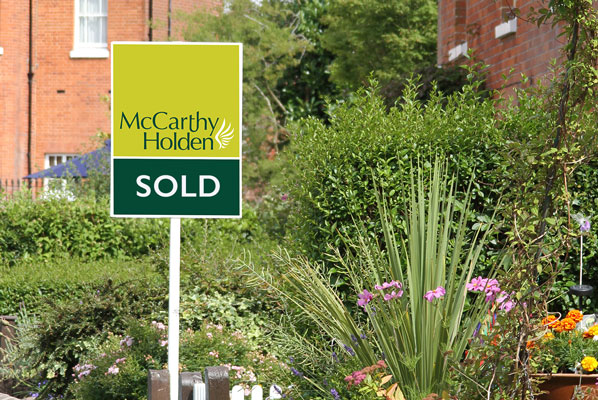






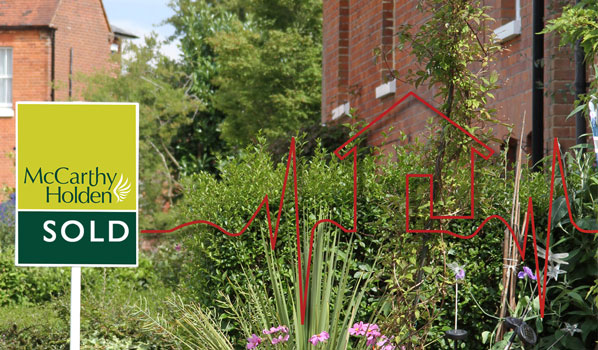

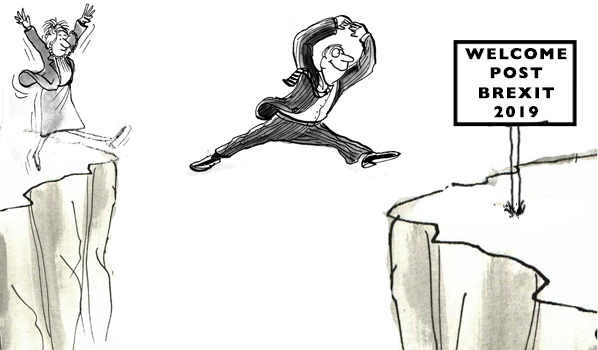
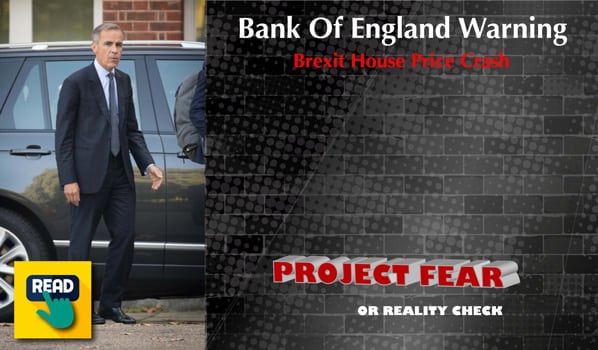

 Suspended by Arabella Dorman
Suspended by Arabella Dorman